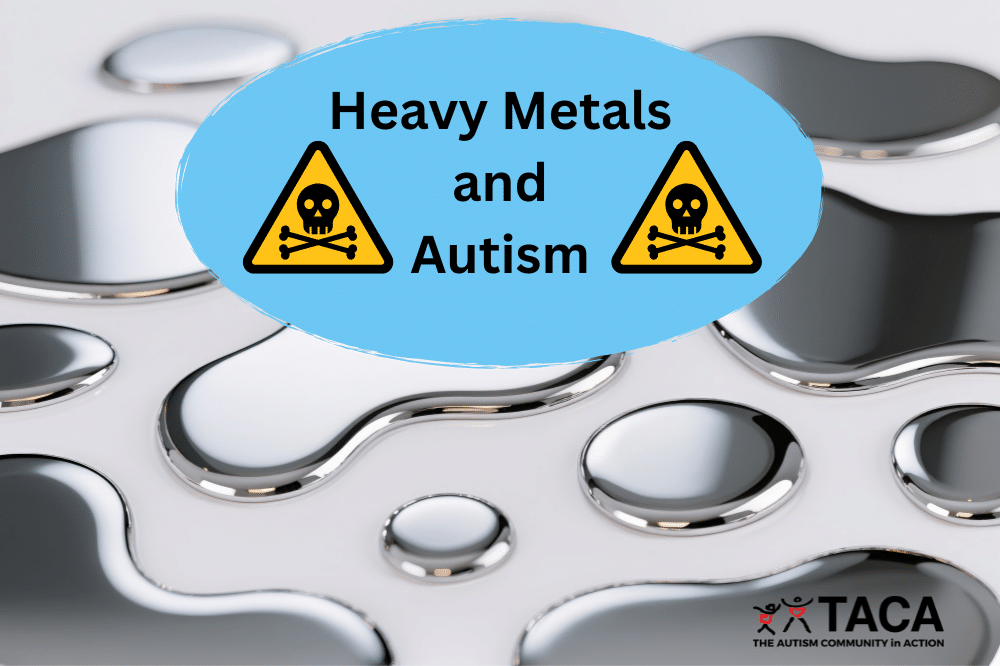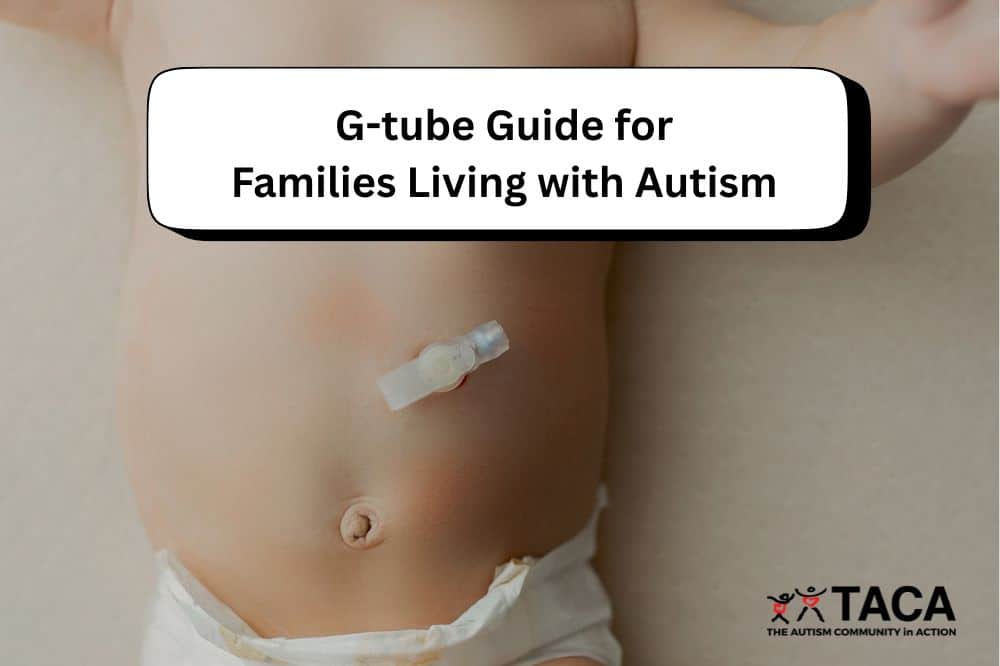An Introduction to Medical Interventions for Autism

All contents of this resource were created for informational purposes only and are not intended to be a substitute for professional advice, diagnosis, or treatment. Always seek the advice of your physician, therapist, or other qualified health providers with any questions or concerns you may have.
Medical interventions for autism can greatly improve your child’s outcome and quality of life. In this article, we will discuss:
- Why it’s important to consider a medical approach to autism intervention.
- Give a brief overview of underlying medical issues that can cause autism-like behaviors.
- Provide links to resources that will help you successfully begin your treatment journey.
Why Consider a Medical Approach to Autism
While autism was once believed to be solely a psychological disorder, studies now show that it has a biological basis with features of known medical disorders. Unfortunately, many of these underlying medical issues can cause or exacerbate autism-like behaviors that impair and significantly challenge your child’s daily life.
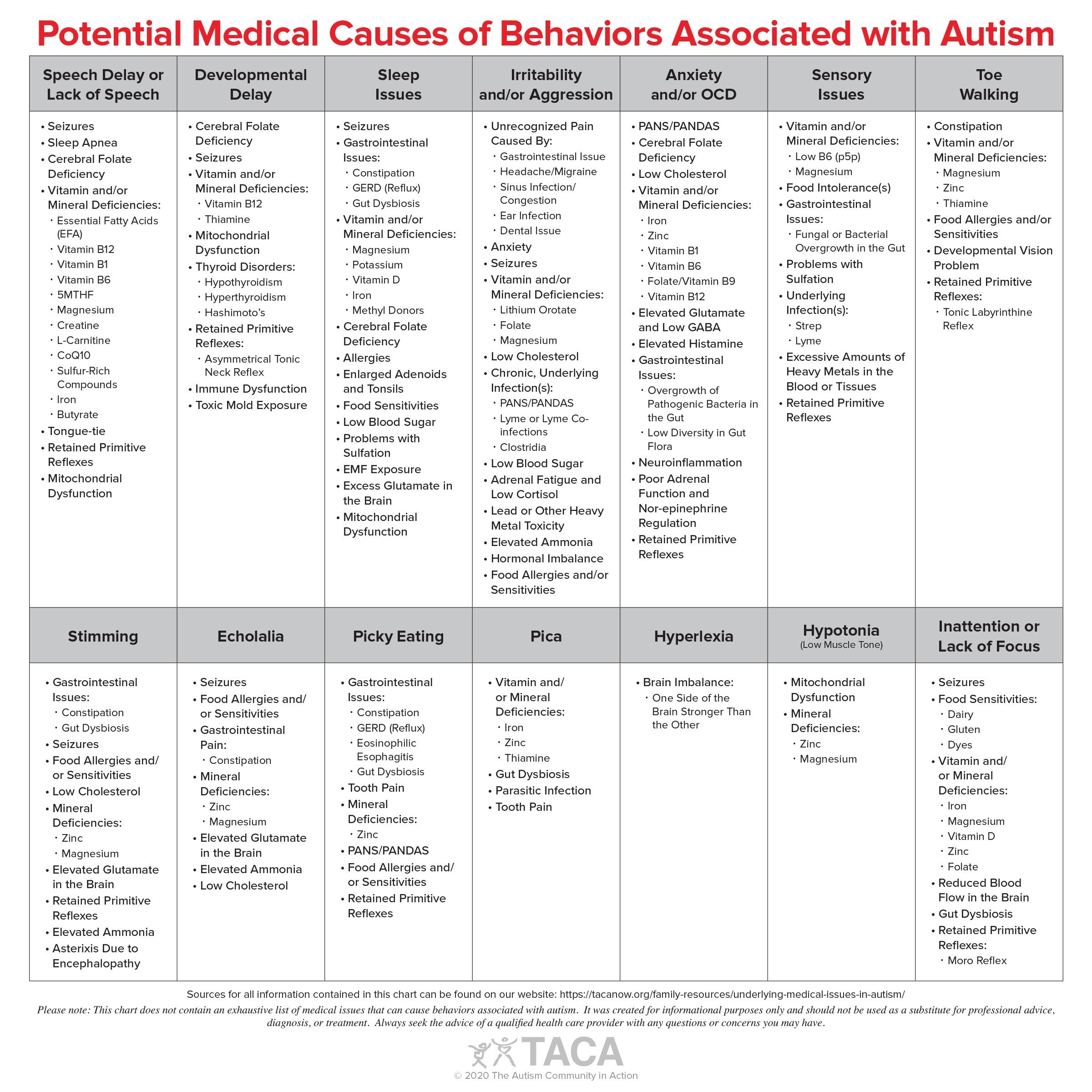
As you can see from this chart, there are many medical issues with symptoms that mimic behaviors associated with autism. Even more profound, the majority of the medical problems included on this chart are commonly found in individuals with autism.
While this information may seem overwhelming, it is important to know there is hope.
When you properly treat underlying medical issues, many associated behaviors decrease or even disappear altogether, significantly improving outcome and quality of life. In short, autism is treatable!
Furthermore, combining medical treatment and therapies is the most effective and fastest route to progress. Kids who are healthy and happy have an increased ability to learn and develop new skills. As your child expands their repertoire of skills, they become more independent, which improves their confidence and self-esteem.
Examples of Medical Interventions for Autism
Now that you see there is an overlap between the symptoms of autism and a variety of medical disorders, let’s briefly discuss what a medical approach to autism intervention entails.
Effective medical interventions for autism involve identifying and addressing the root cause of a medical issue, rather than just the symptoms. Please be mindful that this functional approach to medical treatment is not easy or fast. After all, healing takes time. However, when done properly, it is very effective and long-lasting.
Because medical issues that are associated with autism are often complex, a multi-pronged treatment approach may be needed. Treatment options vary, depending on a person’s individual needs. For example, common medical interventions for autism may include:
- Prescription medication for diagnosed disorders, such as:
- Dietary interventions to address:
- Food allergies
- Food Sensitivities
- Therapeutic levels of vitamins and minerals to address nutritional deficiencies
- Epsom salt baths to help:
- Induce sleep
- Encourage proper sulfation
- Antifungals, antibiotics, or antimicrobials to address gut imbalances
- And more…
Work with a Qualified Practitioner
Sometimes doctors prescribe medications that relieve symptoms, but have undesirable or even dangerous side effects. While these types of medications can be helpful in the short term, they only address the symptoms rather than the core medical problem(s). As a result, the medication’s effectiveness may eventually wear off while the core underlying medical issue remains unaddressed and possibly worsened.
Therefore, as you begin to build your child’s medical team, it is essential to seek care from a qualified, experienced physician. A good functional medicine doctor can perform proper testing and help guide treatment for your child.
There is a list of parent-recommended functional medicine doctors in TACA’s private Facebook group called “TACA – Hope and Help for Autism“.
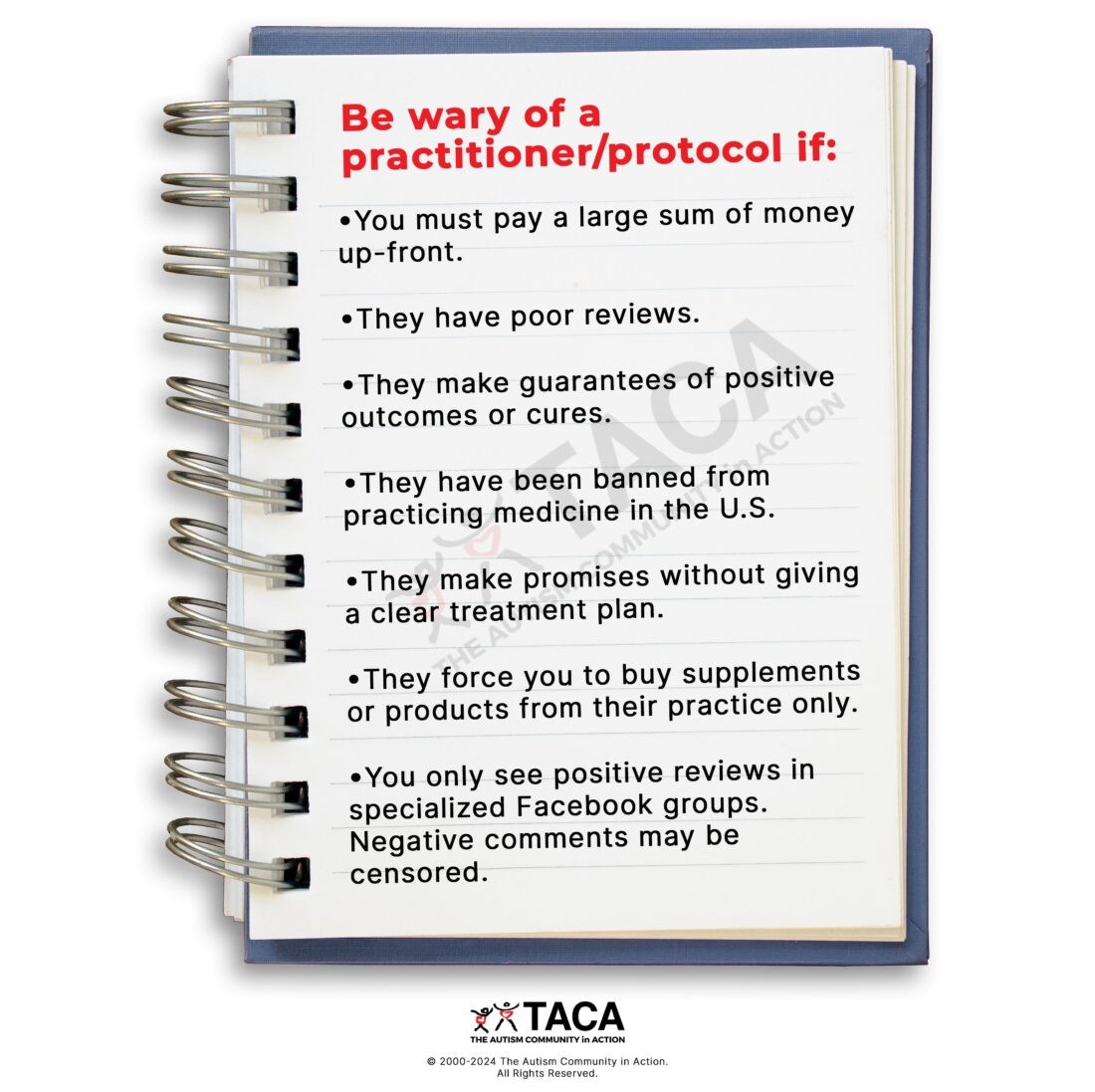
Beginning Your Medical Journey
Now that we’ve introduced you the medical approach to autism intervention, you’re ready to begin your journey. The links below contain information and resources that will help get you successfully started.
Remember that there are many products promising cures, but this process only works if the co-exisiting medical issues are addressed.
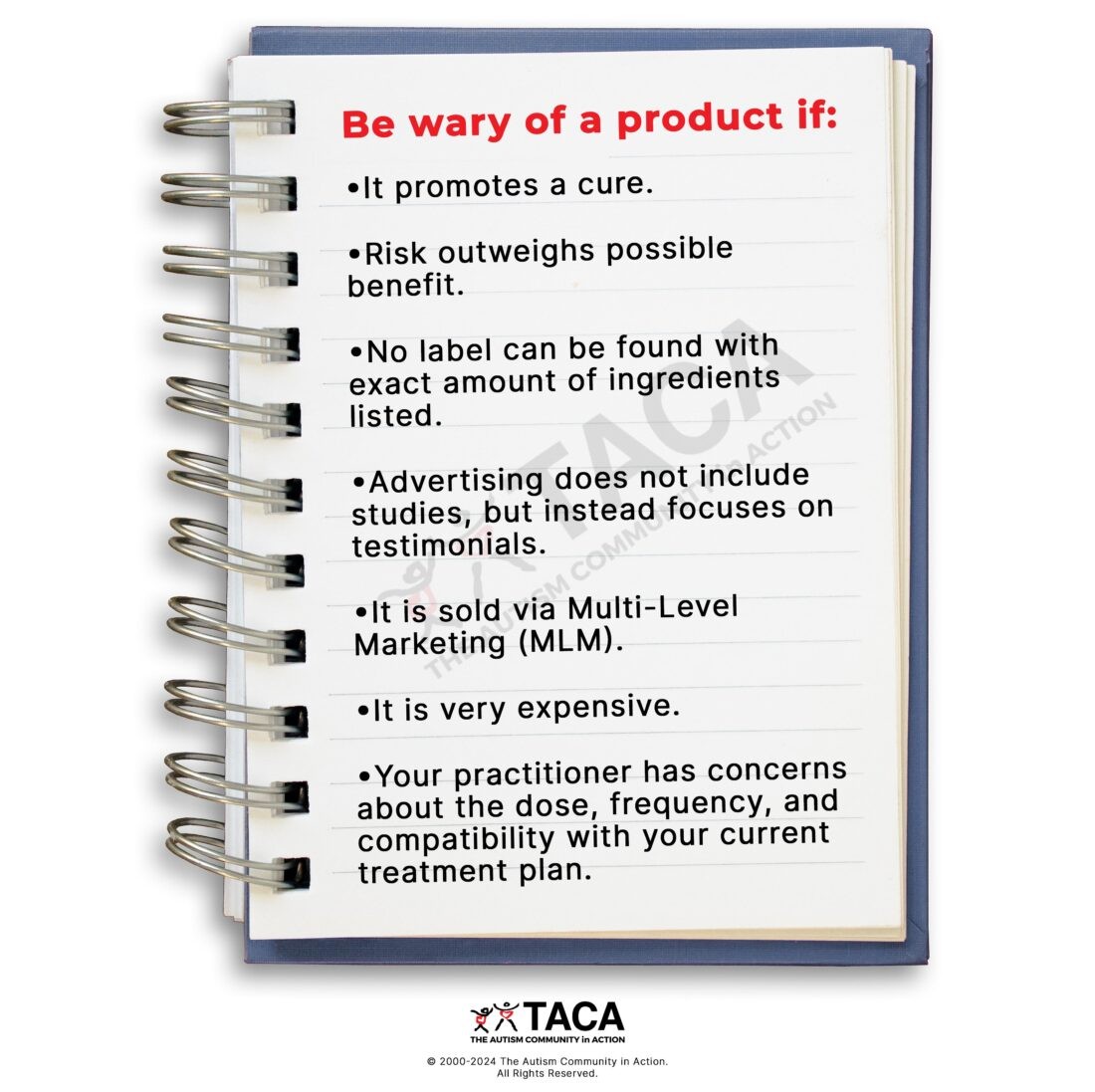
Additional Resources
- The Medical Page on our website has a list of articles about medical conditions common to autism
- Top Reasons to Implement a Gluten-Free, Casein-Free Diet
- Introduction to the Gluten-Free, Casein-Free, Soy-Free Diet

